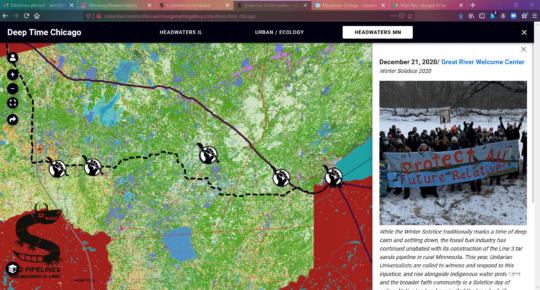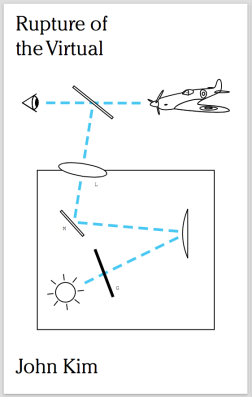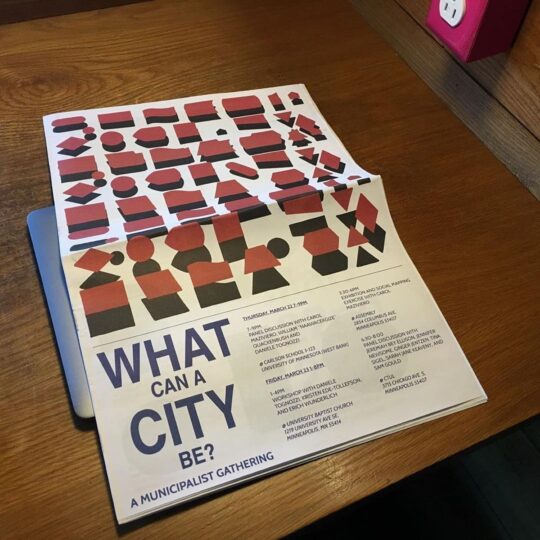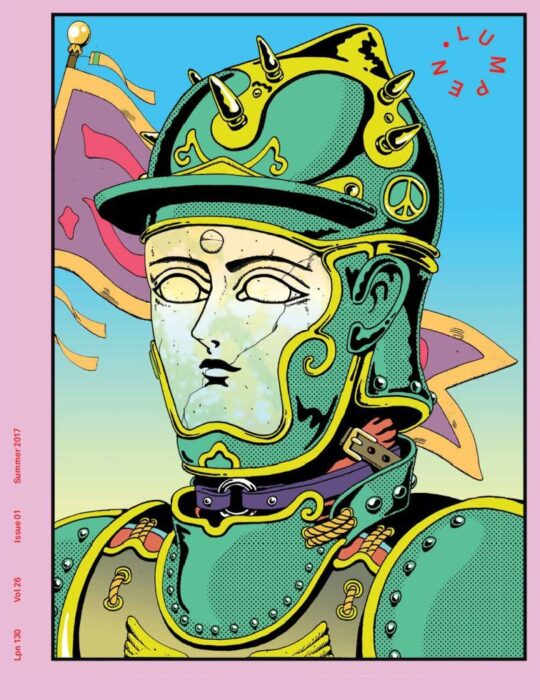The author travelled for two and a half months by canoe and other modes of transport down the entire length of the Mississippi River with the Mississippi. An Anthropocene River project. Reflecting on this journey, this essay revisits Catherine Brown and William Morrish’s 1991 essay, The Fourth Coast: An Expedition on the Mississippi River, in
CategoryWriting
Data Sensing the Mississippi
Data analysis and visualizations created for the Data Sensing project during the Mississippi. Anthropocene River journey. Analyzing data collected with a home-built data sensing device, two groups have been involved in producing these findings: a collaboration between Ellen Graham and John Kim; and an undergraduate class on remote sensing at Macalester College that is mining the data to uncover correlational findings with public data sets about the Mississippi River valley. The latter analysis is ongoing.
Collective Communities: Actions on Environmental Crises
My classes’ contributions to Collective Communities: Actions on Environmental Crises: a presentation of artist collaboratives, collectives, and cooperatives that are concerned primarily with ecologies in crisis; and while the participating groups possess overlapping interests, their projects and ways of self-organization and self-presentation are distinct. Whether natural, social, or representational, the ecologies that our contributors advocate
Infinity and Spinning Pinwheels of Death
I thought this essay helpful to revisit, given our current Zoom-state.
(Written about CAA’s project for Northern Lights AOV6.)
Rupture of the Virtual
Book Release! Rupture of the Virtual is an examination of a concept of the material and the invaluable resources it offers for critical thinking today. In a multifaceted analysis, the book considers the theoretical reasons for the material’s exclusion from media theory and details the military origins of computing interface technologies, such as the Head-up
AN AESTHETICS OF DISPLACEMENT
(Written as an introduction to the Anthropocene Film Residency. Read more about the project on the Anthropocene Curriculum website.) 1 Looking down on St. Anthony Falls from the walls of the lock and dam infrastructure, one can marvel at this feat of technical engineering. The river runs over an artificial concrete platform creating the Falls.
“Turn off, Tune out, Drop out: Preliminary Notes on Digital Escapism”
John Kim“Turn off, Tune out, Drop out: Preliminary Notes on Digital Escapism” Curatorial essay for MCAD exhibition, Stream Capture. In retreat centers, adult camps, support groups, intentional communities, and other enclaves around the country, people long for resources to live a life free from a surfeit of the glow of screens. Digital detoxes, media cleanses,
MARCH 22-23, 2018 WHAT CAN A CITY BE? A MUNICIPALIST GATHERING Since the 2016 presidential elections, the Twin Cities based “City as Commons” group has been meeting to discuss, learn and find out more about municipalism, a form of political organization gaining popularity around the world, based on assemblies of neighborhoods, practicing direct democracy, as
Lumpen 130: The Municipalism issue
My contribution to Lumpen 130, the Municipalism issue. Lumpen – http://www.lumpenmagazine.org/
Nam June Paik book project (draft description)
Ai Weiwei, With Wind (2015) What are we to make of the Orientalist motifs in recent high profile global art? Among examples to list here are Zhang Xiaogang’s monochromatic family portraits seemingly set during the Cultural Revolution, Ai Weiwei’s paper dragon for Alcatraz, and Cai Guo-Qiang’s references to historical figures from first millenia China. These





